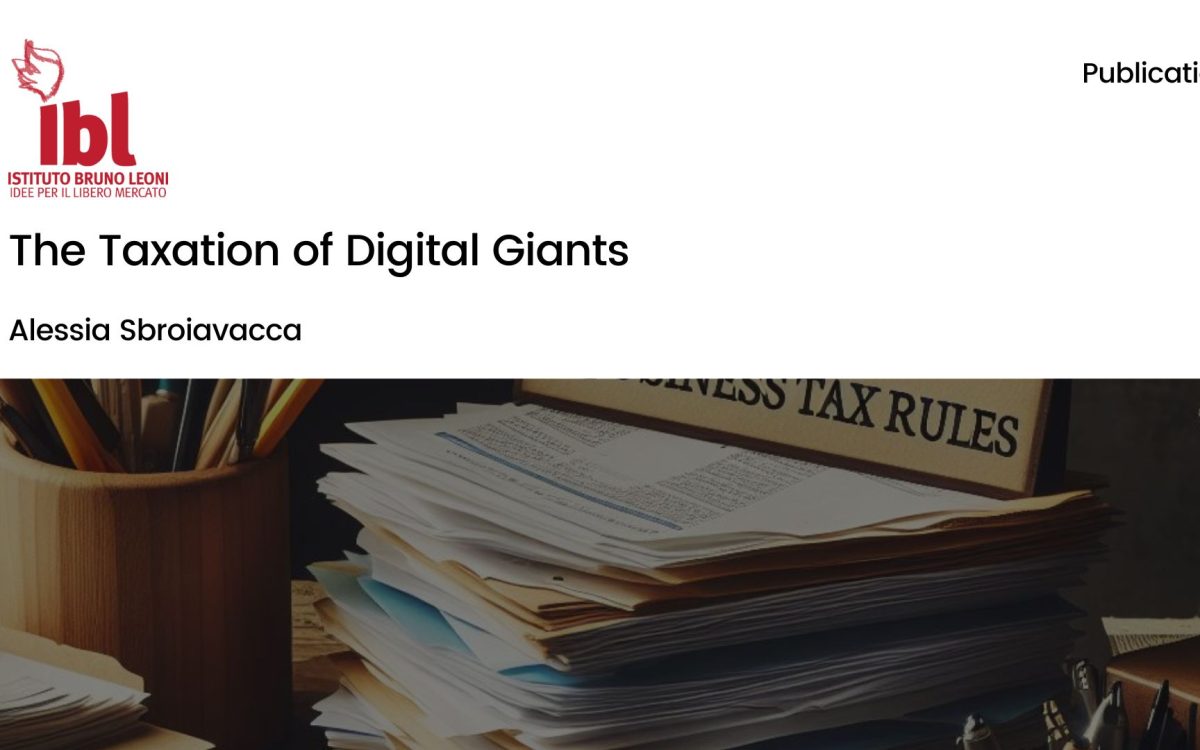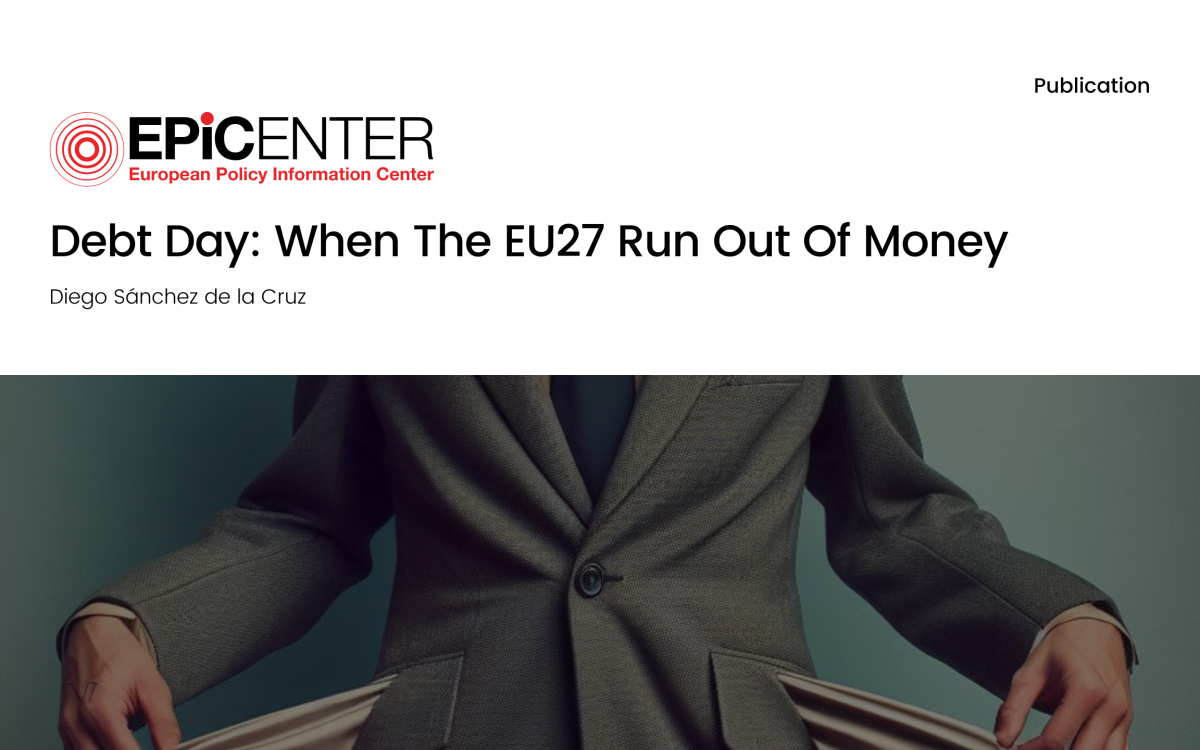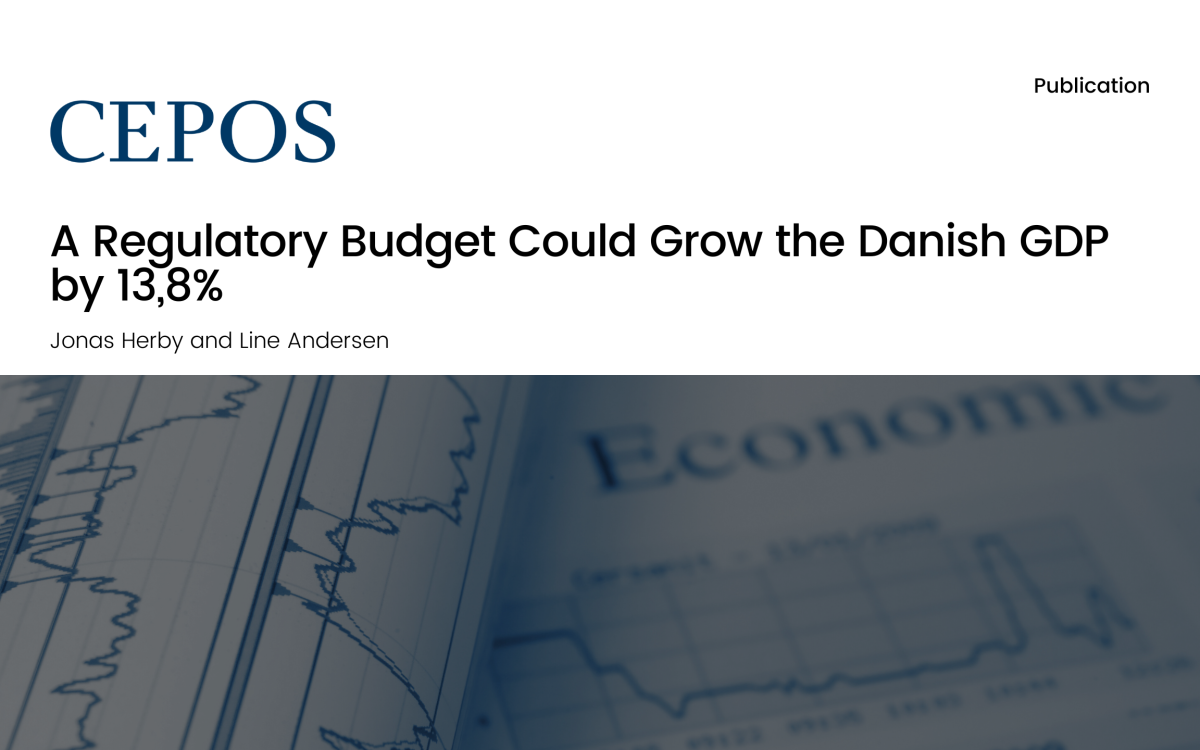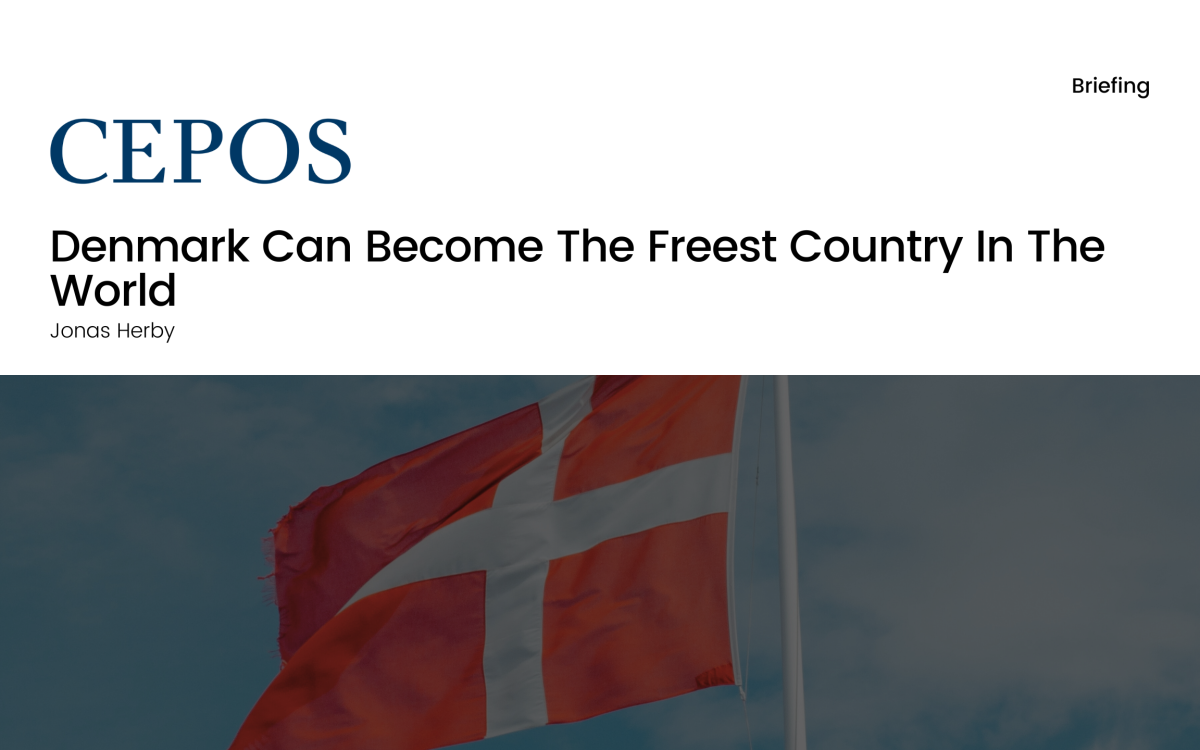Mind the Gap: Pay Transparency Provisions in the Eu
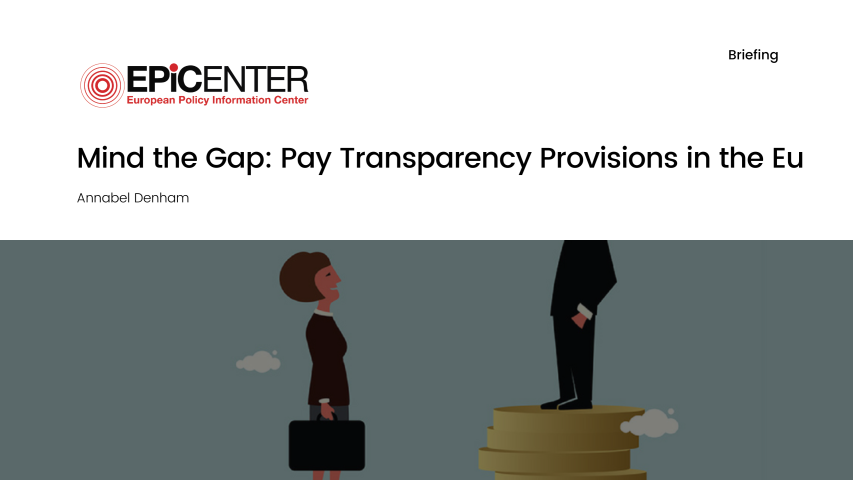
Mind the Gap: Pay Transparency Provisions in the Eu
11 August 2021
The European Commission seeks to strengthen the principle of equal pay for work of equal value between men and women through pay transparency and enforcement mechanisms.
It believes that its preferred package of legislative action – to ensure transparency of salary information, strengthened pay reporting, and the implementation and enforcement of the existing legal framework – will deliver threefold benefits.
First, we can expect improved job satisfaction and engagement among workers. Second, employers will enjoy increased employee retention, increased “attractiveness” and profitability. Third, society as a whole will benefit from a higher level and greater perception of equality.
The purpose of this paper is to outline legislation imposed by the UK government to increase awareness and improve pay equality, briefly examine the apparent pitfalls of top-down action plans to reduce gender pay gaps, and show lessons the EU can learn.
Download or share this publication
View the PDF
EPICENTER publications and contributions from our member think tanks are designed to promote the discussion of economic issues and the role of markets in solving economic and social problems. As with all EPICENTER publications, the views expressed here are those of the author and not EPICENTER or its member think tanks (which have no corporate view).
